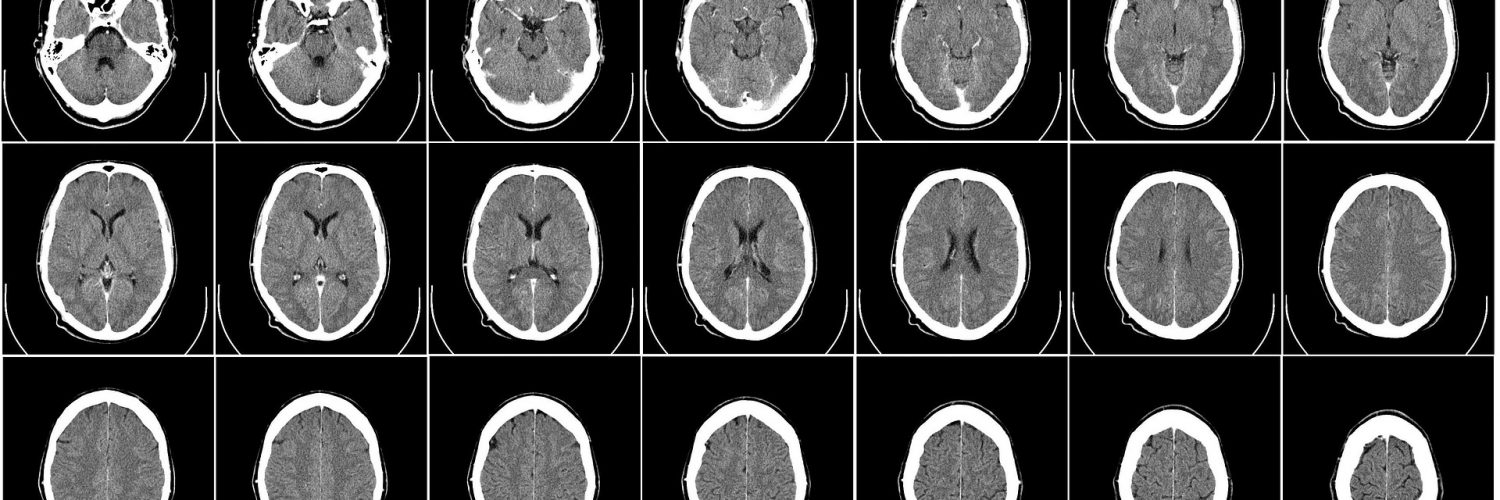Diagnosis, surgery, radiation therapy, repeat. This is the typical process for a patient with a brain tumor.
Neurosurgeons must be extremely cautious when removing a tumor mass from a patient’s brain due to the brain’s vitally important role in all mental and physical functions, said Matthew Likens, president and CEO of GT Medical Technologies, a Tempe-based startup with a mission to improve the lives of brain tumor patients.
“If they’re too aggressive, then there’s a high likelihood they can affect very critical areas of the brain that affect memory and movement and speech,” Likens said. “As a result, they know they’re leaving residual tumor cells behind.”
Those residual cells mean the tumor can come back. If the cells are cancerous, the danger increases.
Patients often must wait anywhere between two to four weeks for the surgical wound to heal. To prevent the tumor’s recurrence — stop it from growing back — patients undergo an intensive treatment called external beam radiation therapy.
“That is a miserable experience for the patients,” Likens said. “Many of them lose their hair during the daily external beam radiation. They’re shuttled back and forth to a radiation center. Each day they’re reminded that ‘by the way, you have a brain tumor, and we need to take care of it.’”
Enter the founders of GT Medical Technologies: Dr. Peter Nakaji, a neurosurgeon; Dr. Emad Youssef, a radiation oncologist; Dr. David Brachman, a radiation oncologist; Dr. Heyoung McBride, a radiation oncologist; and Theresa Thomas, a certified clinical research coordinator.
“They were desperate for new treatment options for patients with brain tumors — especially those patients with recurrent brain tumors,” Likens said. “In spite of really great surgeons and really careful therapy afterward, tumors recur. And if you’re fortunate enough to survive that recurrence, and you have another procedure, then they recur again.”
The GT Medical Technologies team developed a new way to treat patients: GammaTile. The small “tiles” of collagen are infused with radiation.
After a successful brain tumor resection (removal), the surgeon places these tiles inside the tumor cavity in the patient’s brain, delivering two-and-a-half times stronger radiation than the external beam.
“On average, this takes about five minutes, so it doesn’t extend surgery time significantly,” Likens said. “After the tiling is done, the surgical wound is closed, and within a day or two… the patient is eligible to go home. And that’s it.”
That’s it. No six-week therapy session and quarantine, no three-week waiting period before radiation, no time for the tumors to return.
“The founders commissioned an IRB-approved study at the Barrow Neurological Institute in downtown Phoenix, and in that study they treated 108 patients across just about every type of brain tumor,” Likens said. “And the safety results reported from that study were very impressive. This mode of radiation is as-safe or safer than today’s current standard of care.”
All of the GT Medical Technologies founders were at BNI at one point, and three — Nakaji, Youssef and Thomas — still are. The company formed at LaunchPoint, a startup incubator in downtown Mesa. As such, it is “an Arizona innovation.”
“We’re keeping it here,” Likens said. “Our chief technology officer, Dr. David Brachman, left his role as director of radiation oncology at Barrow just about a year ago, last March, and he joined us full-time to get his invention out into the marketplace as effectively as we can.”
But the company’s plans are not purely local. Right now, GammaTile is in a limited market release, meaning it has been approved by the Food and Drug Administration but does not yet have the funding to be everywhere at once.
GT Medical Technologies recently received its Series A round of funding, which allows for limited commercialization of the product, and the company is several months in.
The first patient treated in a hospital setting received GammaTile at the University of Minnesota Medical Center, and two more were treated at the center on March 27.
Dr. Clark Chen, chairman of neurosurgery, is “seeking to establish a culture of innovation at the University of Minnesota Medical Center in neurosurgery” and took an immediate interest in GammaTile, Likens said.
“Our purpose is simply to improve the lives of patients with brain tumors, and we think GammaTile will accomplish that,” he said.
The founders of GT Medical Technologies hope to replace the current standard of care for patients with brain tumors, which they believe to be insufficient, he said.
The company is still in its beginning stages, but it has big plans. With FDA clearance, the company can move forward commercializing its product in the U.S., and the founders hope to expand the product’s scope soon.
“This is certainly a global opportunity,” Likens said.
In the future, GammaTile may be used in other parts of the body; Likens said the company has already claimed patents for “extra-cranial” tumors outside the brain.
“We just think there are so many advantages to applying the radiation in this way that every patient should have the benefit from it.”















This is a significant development and the story should be told on 60 Minutes or 20/20.